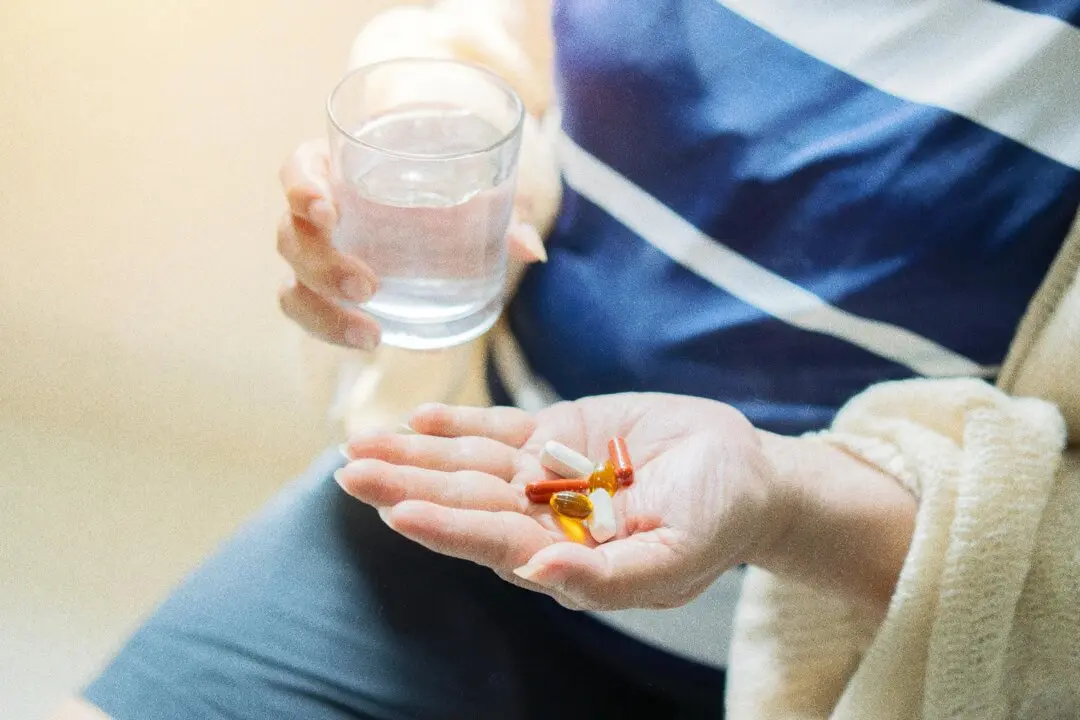If you’re one of the millions of Americans who experience joint pain, you probably know that the market is awash with supplements for joint health—Amazon alone has over 10,000.
But not all brands live up to their promises. Some joint supplements don’t contain enough active ingredients, some contain substances not listed on the label, and some contain sub-par materials or contaminants.
This happens in part because dietary supplements are not regulated like drugs. In the U.S drugs are subject to pre-market approval, the FDA only looks at a supplement after a problem is reported.
So it is up to you, the consumer, to separate the wheat from the chaff. Here are three important quality criteria to keep in mind:
Third Party Certification
Brands that take quality seriously will have certifications from third parties such as NSF International or a Pharmacopeia.
These certifications offer an extra level of assurance that supplement makers are following good manufacturing practices (GMPs), which are standards for manufacturing and labeling set forth by the regulatory bodies in a country. In the U.S., the FDA issues these guidelines for supplements and supplement makers are supposed to comply, however, the FDA does not issue certifications, so if you see phrases like “ FDA Approved Facility” beware because this is not an official seal.
An NSF certification will tell you that a supplement maker complies with GMP guidelines. NSF International is a non-profit, independent testing organization that’s been in operation since the ‘40s and developed the first American national standard for dietary supplements. Today it is an internationally recognized certification and to earn it, the manufacturing process, the materials, and the finished product are evaluated, including spontaneous plant inspections. You can look for the NSF certification mark on the label or in other material provided by the supplement company.
The Pharmacopeia is the industry standard for medicines, and supplement makers are not required to comply, but some choose to. The United States has its own Pharmacopeia standards, so you can look for the USP Verified Mark on American-made supplements. Europe and Japan have their own Pharmacopeias so you will see different verification marks on imported products.





